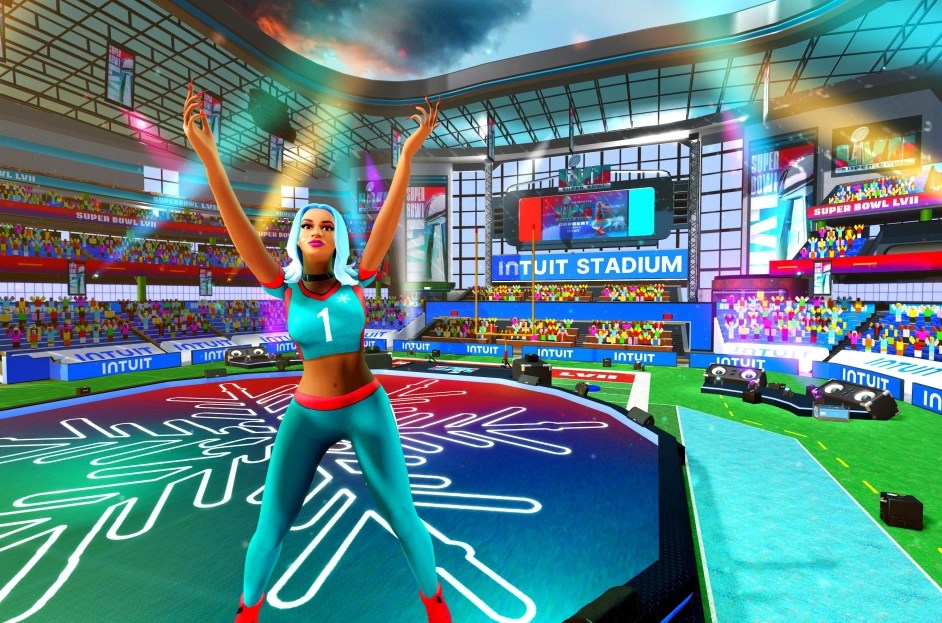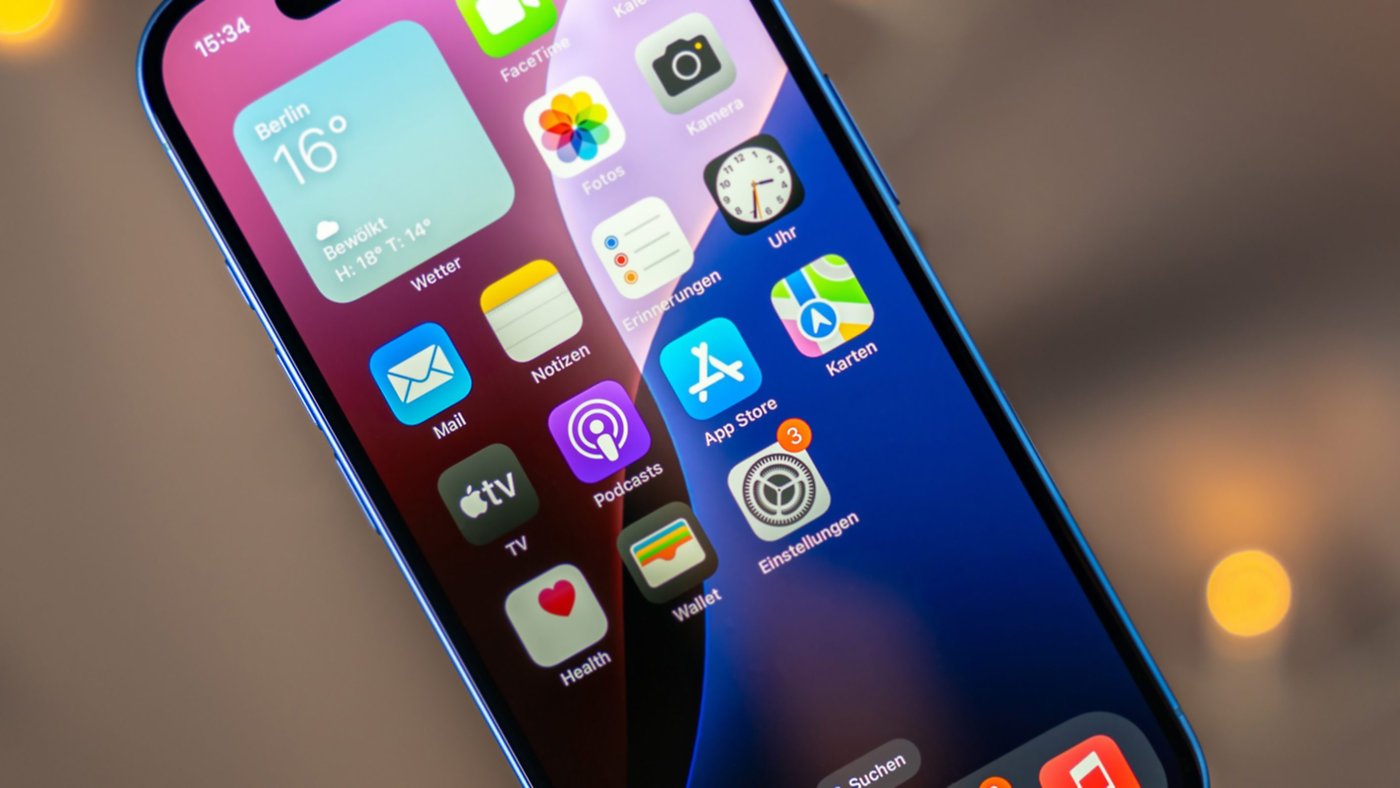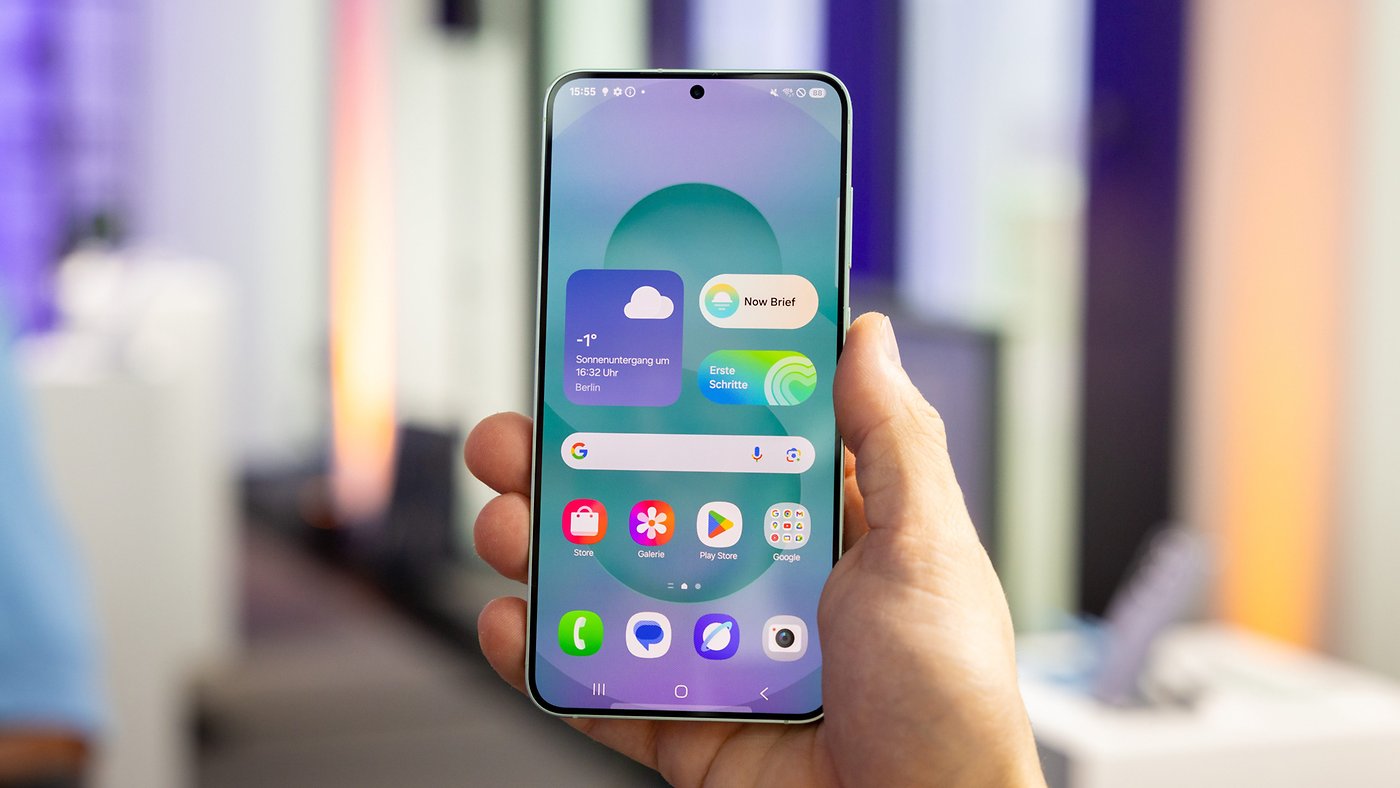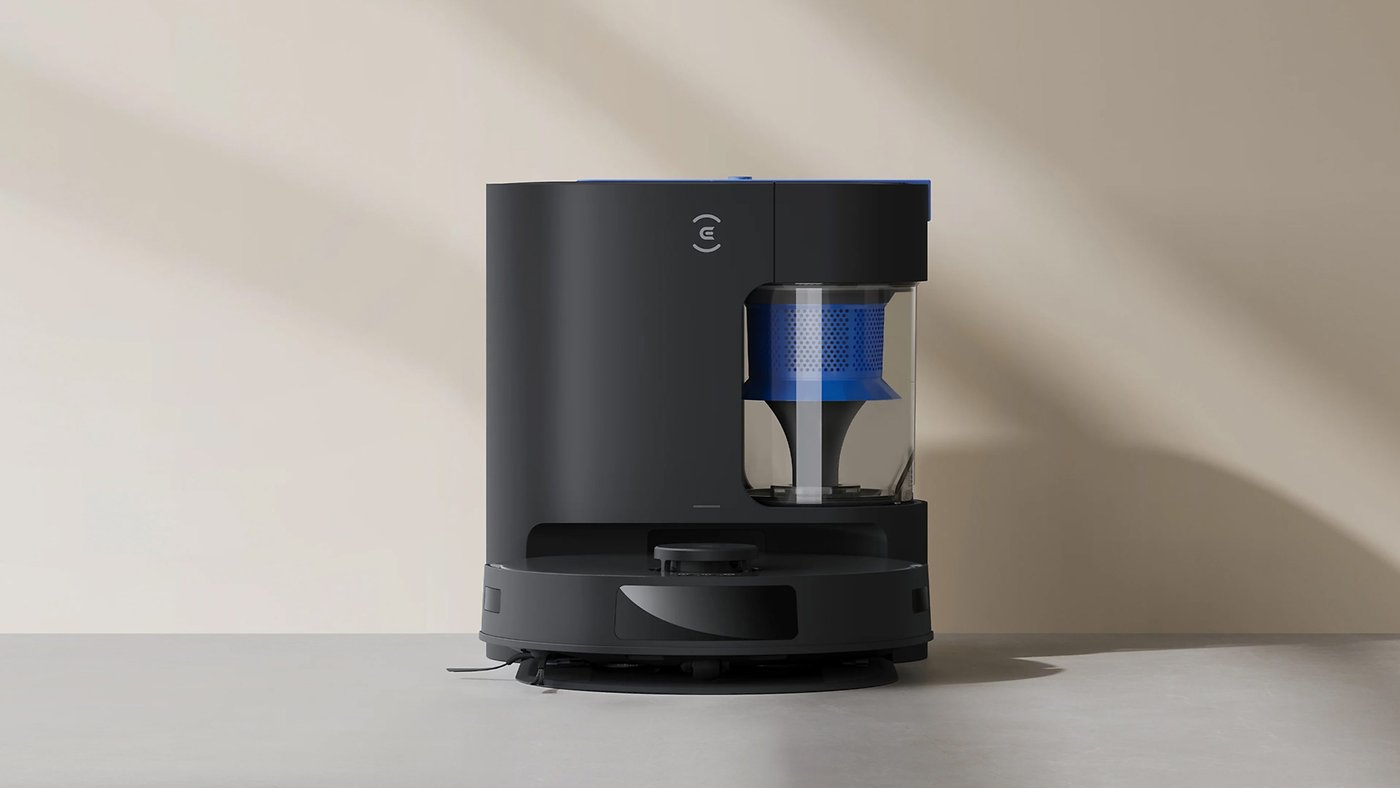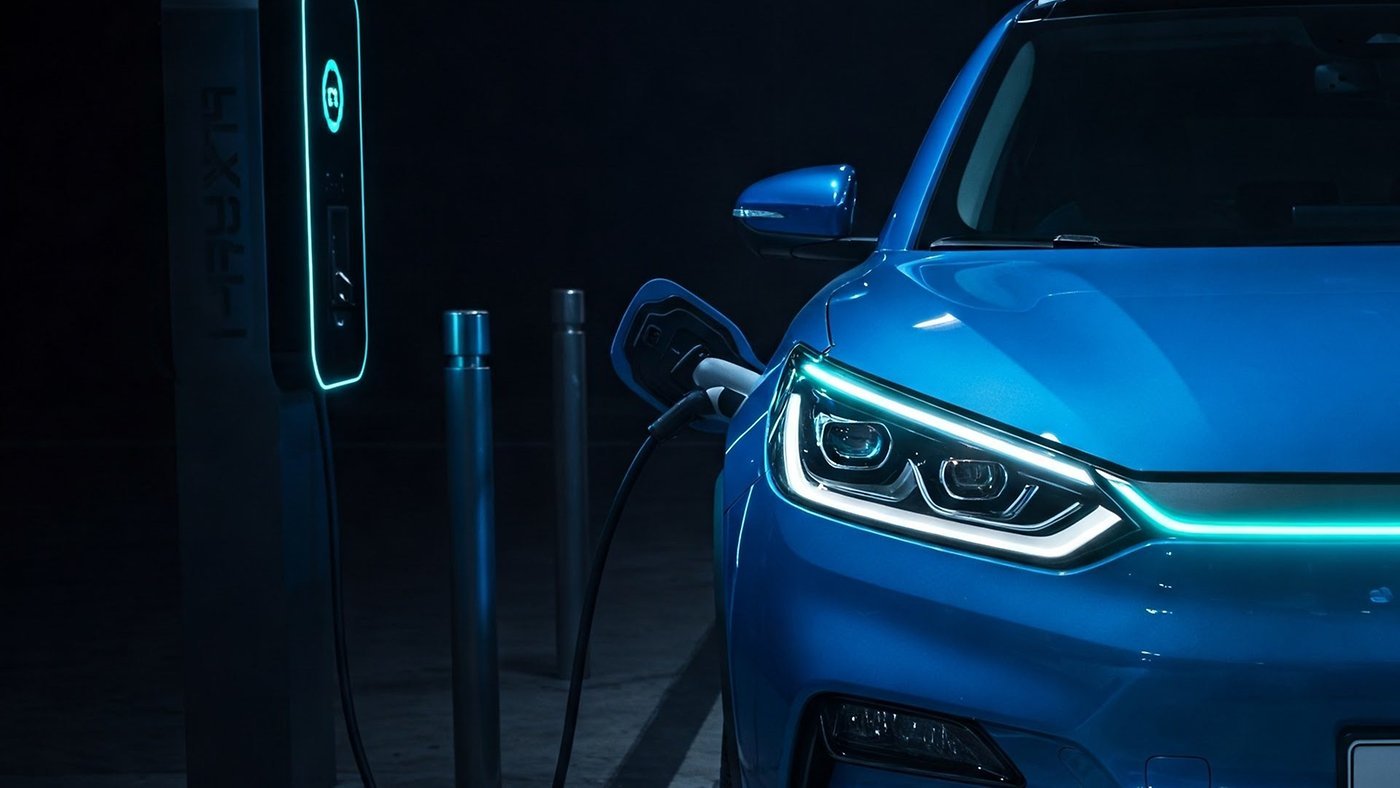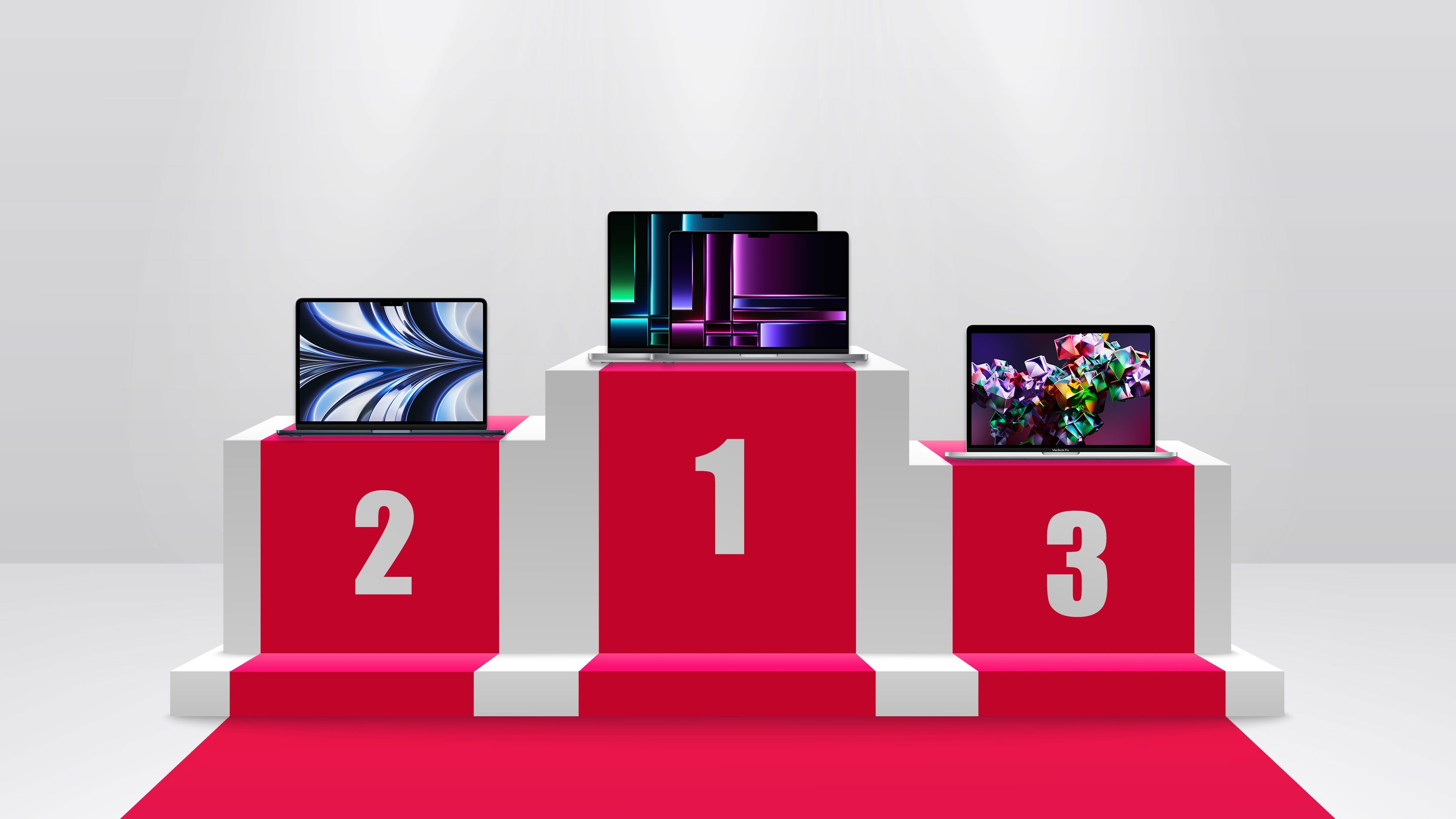
| MacBook Pro (with notch) | MacBook Air (with notch) | MacBook Pro (without notch) | MacBook Air (without notch) | ||
|---|---|---|---|---|---|
| Product | |||||
| Picture |
 |
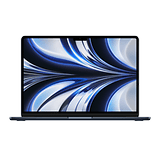 |
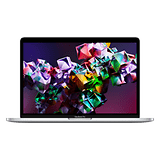 |
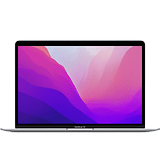 |
|
| Dimensions (WxHxD weight) |
|
|
|
|
|
| Display |
|
|
|
|
|
| SoC |
|
|
|
|
|
| Shared memory |
|
||||
| SSD | |||||
| Touchbar | |||||
| Touch ID |
✔️ |
||||
| Speaker | |||||
| Connectors |
|
|
|
|
|
| External monitors |
|
|
|
|
|
| Price | |||||
| Check offer* |
Check price |
Check price |
Check offer |
Check price |
Check Price |
Apple elevated its MacBooks to new heights in 2021 by introducing its very own set of ARM processors, the Apple Silicon. This is because it allowed the company to optimize its processors to its own software, delivering a synergistic effort that is highly commendable. Apple’s current line of MacBooks are very powerful and very efficient as a result. With battery runtimes of up to 10 hours, high-quality displays and seamless connectivity to iPhones and iPads, the MacBooks are very well suited for mobile work.
Jump to:
- MacBook models with notch and MagSafe
- MacBook Pro (14″ and 16″)
- MacBook Air (13.6″)
- Macbook models without a notch and without MagSafe
- MacBook Pro with a 13-inch display and M2 SoC
- MacBook Air 13 with the M1 SoC
- MacOS: Apple users swear by this software
- Alternatives to the MacBook
However, the MacBook lineup has become complicated with the introduction of multiple processors, cases and display sizes. Basically, there are two models to choose from: the MacBook Air and the MacBook Pro. To complicate things further, both models come with an older chassis without a notch in the display and a more modern chassis with a notch. Since this is the best way to distinguish the different MacBook generations, we’ll split them up just like this.
MacBook models with notch and MagSafe
Let’s begin with the newer models, where you can easily recognize them through the notch on the display. This reminds us a bit of the notch in the iPhone, and Apple also places a camera and some sensors in the center of the display in its MacBooks. However, do take note that these notebooks do not support Face ID.
MacBook Pro (14″ and 16″)
Apple introduced the notch in the MacBook display as part of an extensive design update of its MacBook Pro models. With 14- and 16-inch displays, the MacBook has become more angular in the process, and you can find the exact dimensions in the table at the top of this article. The displays which measure 14.2 and 16.2 inches exactly, are integrated into the case with far less room for edges.
Apple uses Liquid Retina XDR for the display, which you might already be familiar with if you have come across the largest iPad Pro. The panels are based on IPS LCD panels that are backlit via mini-LEDs. As a Retina display, the resolution is so high that you can no longer view individual pixels, and content is displayed in a particularly smooth manner at 120 Hertz. The displays are also certified for HDR content and support 1 billion colors in the large P3 color space.
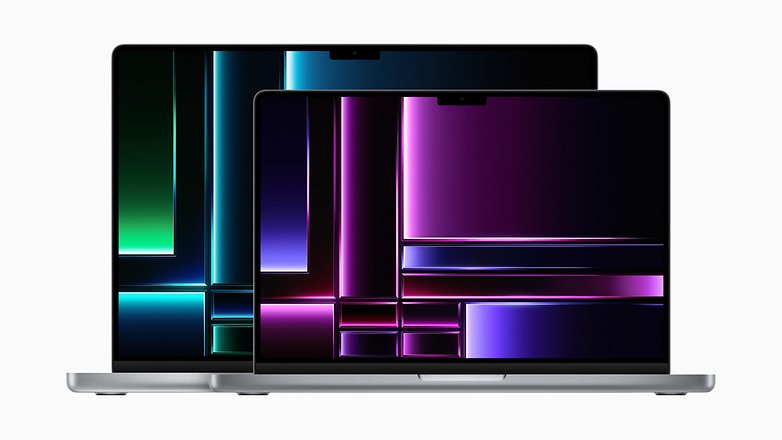
You can equip the Pro models with Apple’s M2 Pro and M2 Max SoCs, which happen to be two of the most powerful ARM processors in the Apple catalog. A maximum of 12 CPU cores and 38 GPU cores can be configured, while the M2 Pro is armed with 12 processing and 19 graphics cores being the basic configuration. Thus, the Pro models are also suitable for extremely performance-hungry tasks.
A special feature of Apple’s ARM processors is the support of shared memory. The CPU and GPU share the working memory, which allows the MacBook to decide for itself which tasks require more memory. The basic configuration has 16 GB, with the M2 Pro sporting a maximum of 32 GB while the M1 Max has a whopping 96 GB.
The standard internal storage for programs, pictures and apps is 512 GB. You can configure both variants up to a maximum of 8 TB, but you will have to be prepared to fork out a hefty amount for such upgrades. However, you cannot upgrade the internal storage of the MacBook Pro models after purchase, so do consider your future usage before deciding.
Both MacBook models have full HDMI output, a Thunderbolt 4 port based on USB-C, and an SDXC card reader on the right side of the case. On the left, you get a MagSafe 3 standard charging port, a couple of Thunderbolt 4-compatible USB-C ports, and a headphone jack. Wi-Fi 6E and Bluetooth 5.3 are available when it comes to wireless connectivity, with the webcam offering Full HD resolution.
MacBook Pro (with notch) prices
| 14-inch | 16-inch | |
|---|---|---|
| Minimum price | $1,999 | $2,499 |
| Maximum price | $6,299 | $6,499 |
| Buy on the Apple Store | Buy on the Apple Store |
Apple specified the battery runtimes of both models to deliver up to 22 hours when playing movies via the Apple TV app. If you were to just surf the web, it is said to be possible to last for 15 hours. The only difference is the included USB-C charger. If you choose the 16-inch model you receive a 140-watt charger, while the 14-inch option ships with either a 67-watt or a 96-watt charger, depending on the selected CPU.
Another difference compared to the older models: The keyboard, now sporting black keys and a black background, can no longer be configured with a touch bar. This has been replaced by 12 full-sized function keys. Another thing to look out for: the six integrated speakers are among the best you can get in compact notebooks according to reviews.
MacBook Air with 13.6-inch display
The MacBook Air with M2 processor appeared in a similar design in June 2022. You can choose between silver, polar star, space gray and midnight colors for the chassis, but there are no different display sizes to pick from. New features of the 2022 MacBook Air include a more angular chassis, the MagSafe charging port, and a central notch on the upper display bezel.
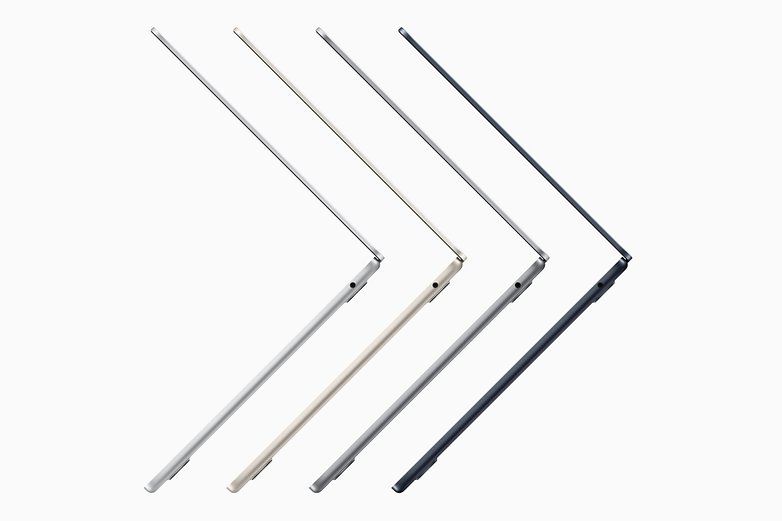
The MacBook Air’s display measures 13.6-inches, and Apple relies on LED backlighting and an IPS LCD display. The resolution stands at 2,560 x 1,664 pixels and just like the Pro displays, the display can show one billion colors in the large P3 color space. The refresh rate is limited to 60 Hertz though.
The latest MacBook Air is equipped with Apple’s M2 SoC as a standard offering. The 8-core CPU can be combined with 8 or 10 GPU cores, and 8, 16, or 24 GB of shared memory is possible. For data storage, the MacBook Air can be configured with 256 GB or 512 GB or 1 and 2 TB of storage space. Once again, neither RAM nor ROM can be upgraded after purchase, so choose carefully.
MacBook Air (with notch) prices
| 14-inch | |
|---|---|
| Minimum price | $1,199 |
| Maximum price | $2,499 |
| Buy on the Apple Store* |
In terms of connectivity, it has increased minimally compared to the predecessor. HDMI and SD card reader are unavailable at the moment, but you can connect another two devices via USB-C with Thunderbolt 4 support when charging via MagSafe. Unfortunately, it is still not possible to use two external displays simultaneously. There is a 3.5 mm jack on the right side, and you can count on WiFi 6 and Bluetooth 5.0 for wireless connectivity.
According to the product page, the MacBook Air’s runtimes are a maximum of 18 hours when playing movies via the Apple TV app. When surfing, up to 15 hours of battery life is possible. The MacBook can be charged at up to 67 watts. However, a corresponding power supply is not included in either bundle. There is the 30W charger for the 8 GPU core model or 35W for 10 GPU core model.
As in the Pro model, the function keys have grown to the full key height; a touch bar was never an issue in the Air model anyway. The webcam’s 1080p resolution and the speaker system with four speakers are worth mentioning.
Macbook models without a notch and MagSafe
In 2023, Apple still carries MacBook models without a notch and without MagSafe. However, that does not mean that they are necessarily equipped with older components. In fact, things get a bit more complicated now.
MacBook Pro with a 13-inch display and M2 SoC
In the case of the 2021 MacBook, Apple introduced a model that uses the brand new M2 chipset. The company introduced this at WWDC in June 2022 and it offers significant improvements compared to the previous model. Get this: You have to compare it with the M1 SoC from 2021—not with the M1 Pro or the M1 Max.
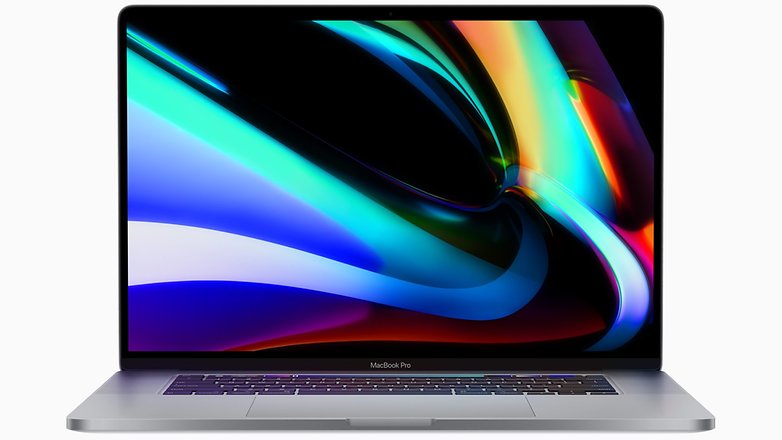
The base model is still inferior to the Pro, Max and Ultra models in terms of CPU and graphics performance. It is likely that Apple will also develop corresponding versions for the M2 chipset.
The MacBook Pro 13 armed with the M2 SoC features a 13.3-inch LED-backlit IPS LCD display and a resolution of 2,560 x 1,600 pixels. Like the Air model, you will have to make do without high refresh rates and settle for 60 Hertz. In return, the MacBook Pro display supports millions of colors and the large P3 color space.
In terms of memory, you can use the specifications from the MacBook Air with M2: That means having between 8 and 24 GB of RAM and 256 to 2 TB of internal storage. In terms of ports, you have to be prepared to settle for a couple of USB-C ports, one of which is also used for charging, and a 3.5 mm jack. The USB-C ports are also slightly outdated with Thunderbolt 3 support compared to the redesigned MacBooks. One limitation compared to the Pro models with a notch: the M2 can only connect to a single external display.
MacBook Pro (without notch) prices
| 13.3-inch | |
|---|---|
| Minimum price | $1,299 |
| Maximum price | $2,499 |
| Buy on the Apple Store* |
The webcam’s 720p performance is a bit outdated today, but WiFi 6 and Bluetooth 5.0 standards are used. If you’re a fan of the Touchbar, Apple’s small touch screen above the keyboard, the M2 MacBook Pro is probably one of the last opportunities to include such an input option.
However, the “old” MacBook Pro beats the new models with a battery life of 20 hours when playing movies via the Apple TV app. Charging is performed without Quick-Charging capability via the included 67-watt USB-C power adapter.
MacBook Air 13 with the M1 SoC
With this familiar MacBook Air design, the first model with an M1 chip was released in 2021. Here you still buy a notebook in the familiar wedge design, which tapers towards the touchpad. You can choose between gold, silver and space gray colors. With a black and reflective display bezel – unlike older models with a gray bezel – there is a 13.3-inch LCD IPS panel with LED backlight. As a Retina display, the 2,560 x 1,600 pixels resolution is very high. The P3 color tree is also supported.
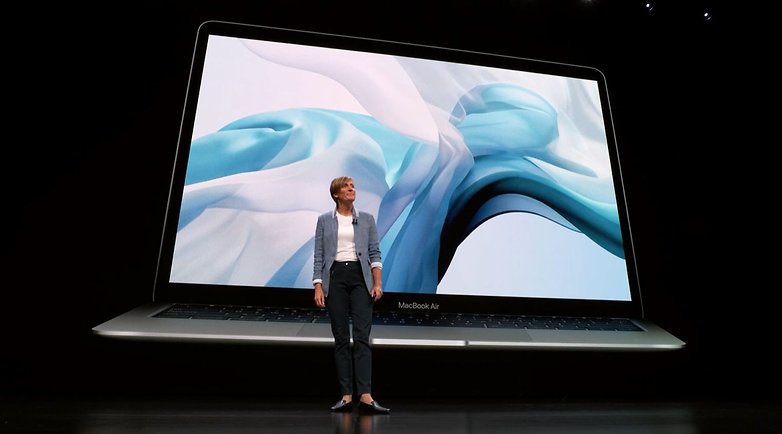
You can choose between 8 and 16 GB of RAM and between 256, 512 GB as well as 1 and 2 TB as storage configurations. The connectivity is limited to two USB-C ports with support for Thunderbolt 3 and USB 4 on the left side and a 3.5 millimeter jack on the right side. You can transfer data wirelessly with WiFi 6 and Bluetooth 5.0 standards. As usual for the M1, there is only room for a single monitor with maximum 6K resolution on the MacBook Air.
You can connect the included 30-watt power adapter to both USB ports and then enjoy a battery life of up to 18 hours while watching movies via the Apple TV app. Surfing is possible for up to 15 hours on a single charge.
MacBook Air (with notch) prices
| 13.3-inch | |
|---|---|
| Minimum price | $999 |
| Maximum price | $1,999 |
| Buy on the Apple Store* |
It’s also worth mentioning that Apple installed a smaller trackpad in the older MacBook Air. The keyboard only offers half the number of function keys, and you cannot configure a touch bar. As in all models, a sensor for Touch ID is integrated into the power button.
MacOS: Apple users swear by this software
If you buy a MacBook, you’ll have to get used to MacOS as there is simply no other viable alternative. An installation of Windows or Linux on the Silicon chipsets – i.e. M1, M1 Pro, M1 Max, M1 Ultra and M2, is not possible at all or can be performed only with great difficulty. If you already use other Apple devices, such as the iPhone or an iPad, MacOS offers a lot of advantages in comparison.
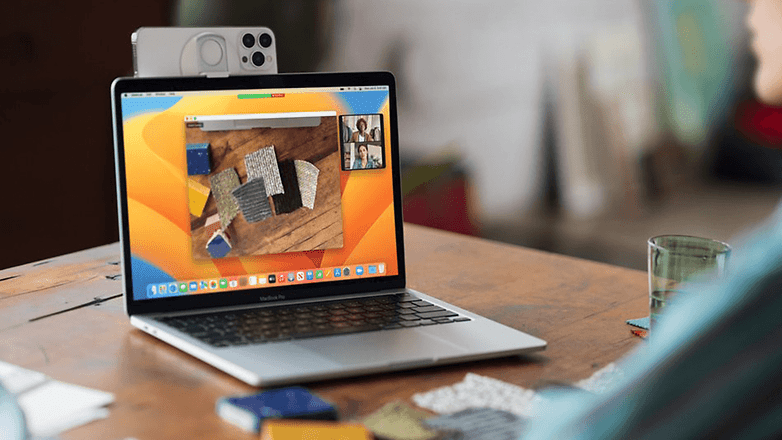
Thanks to MacOS, your MacBook can seamlessly connect to other Apple devices. You can copy an email address to the clipboard of your notebook and then magically paste it onto your iPhone. Or you can set up a hotspot via your notebook’s WLAN menu without touching your iPhone.
MacOS is a powerful, efficient and easy-to-use operating system in its own right. The Unix-based software will reach version number 13, codenamed Ventura, in 2022. However, the models mentioned in this article will still ship with MacOS 12 Monterey. You can read about all the new features in MacOS Ventura in the linked article.
Alternatives to the MacBook
Do you find all the products in this overview to be unappealing, too expensive, or simply not powerful enough? Then you can also fall back on older models with Intel processors and dedicated graphics cards in the Apple product universe. Since Apple fully relies on its own chipsets in the current range, you will have to buy older MacBooks from third-party suppliers.
As an official alternative, Apple positioned certain iPad models closer to the MacBook. This is because since 2021, the iPad Pro tends to offer roughly on the same performance level as the cheaper MacBooks. Apple iPads with M1 will also receive the new Mission Control with the update to iPadOS 16 in fall 2022. This enables true multitasking capability with floating windows on the iPad.
Since we do not see Apple’s stationary Macs, i.e. Mac mini, Mac Studio and the iMacs, as a functional alternative, only notebooks with other operating systems remain. The variety of Windows notebooks is much larger and we have not yet managed to distill it down into such a compact overview.
Have you found the right MacBook for you? Or did you decide against picking one up in the end? Share your opinion with us in the comments!
This article was updated with the 2023 MacBook Pro series on February 15.
*NextPit receives a commission for purchases made via the marked links. This has no influence on the editorial content and there are no costs for you. You can find out more about how we make money on our transparency page.

